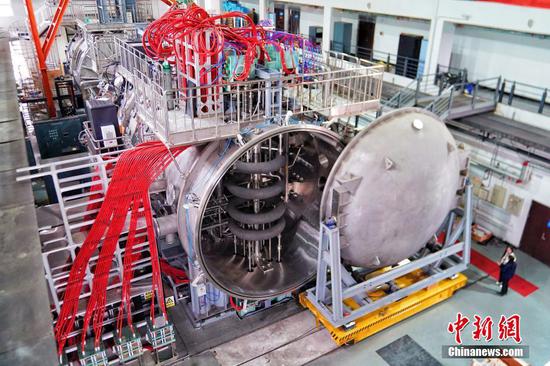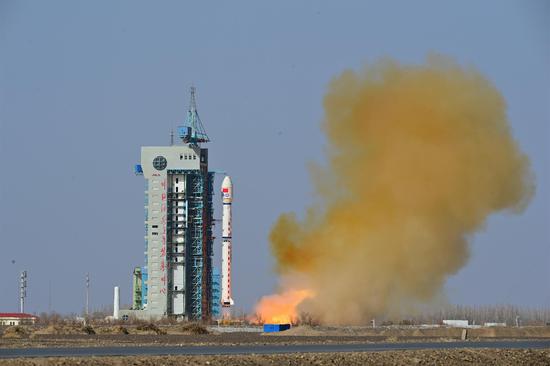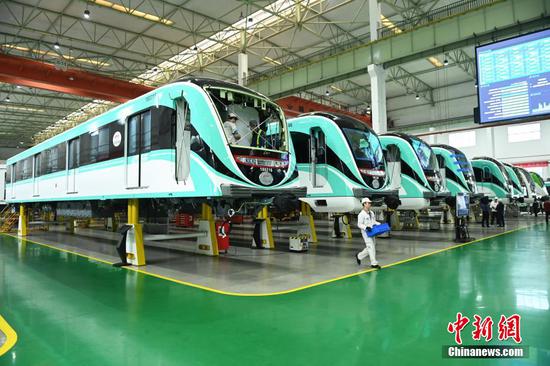Europe moves to join chip race, eyes doubling global market share by 2030
The European Parliament and the European Union member states agreed on Tuesday on the European Chips Act to boost the bloc's semiconductor industry in a race with the United States and East Asia, which now dominate the global market.
The Swedish presidency of the EU Council said the deal is expected to create conditions for the development of an industrial base that can double the EU's global market share in semiconductors from the current 10 percent to at least 20 percent by 2030.
The Chips Act is expected to mobilize 43 billion euros ($47 billion) in public and private investments, including 3.3 billion euros from the EU budget.
The three key pillars of the Chips Act, first proposed by the European Commission in February last year, include support for large-scale technological capacity-building; a framework to ensure security of supply and resilience by attracting investment; and a monitoring and crisis response system to anticipate supply shortages and provide responses in case of crisis.
The provisional political agreement, reached on Tuesday after some compromises, still needs to be formally approved by the European Parliament and European Council.
"Today's agreement will help secure the supply of innovative semiconductors in Europe. It will accelerate the adoption of innovative chips by European businesses, making them more competitive," said European Commission Executive Vice-President for Europe Fit for the Digital Age Margrethe Vestager.
"Semiconductors are essential building blocks of the technologies that will shape our future. …Europe aims to become an industrial powerhouse in the markets of the future," said European Commissioner for Internal Market Thierry Breton.
"The EU is importing a great majority of the semiconductors needed for its industry. The new#EUChipsAct aims to lessen this dependency," EPP Group, the largest political group in the European Parliament, said in a tweet on Tuesday.
Incentivized by subsidies
The German government is now talking with U.S. chipmaker Intel over a huge production facility Intel announced for Magdeburg in eastern Germany. While Intel is demanding that the German government increase its subsidies from the 6.8 billion euros already promised to at least 10 billion euros, Berlin said it will increase the subsidies if Intel also increases its 17 billion euros already committed to the project, the Financial Times reported.
The European Chips Act came after U.S. President Joe Biden signed the CHIPS and Science Act on Aug 9. The Act, enacted by the U.S. Congress, will provide roughly $280 billion in new funding to boost domestic research and manufacturing of semiconductors in the U.S., including a huge amount in subsidies and tax credits.
The U.S. government has also coerced European companies, such as the ASML, the world's leading chipmaking equipment manufacturer based in the Netherlands, to restrict its exports to China in a bid to slow down China's development.
In Asia, Japan and South Korea have also pledged to invest billions in expanding their semiconductor production.


















































 京公网安备 11010202009201号
京公网安备 11010202009201号
